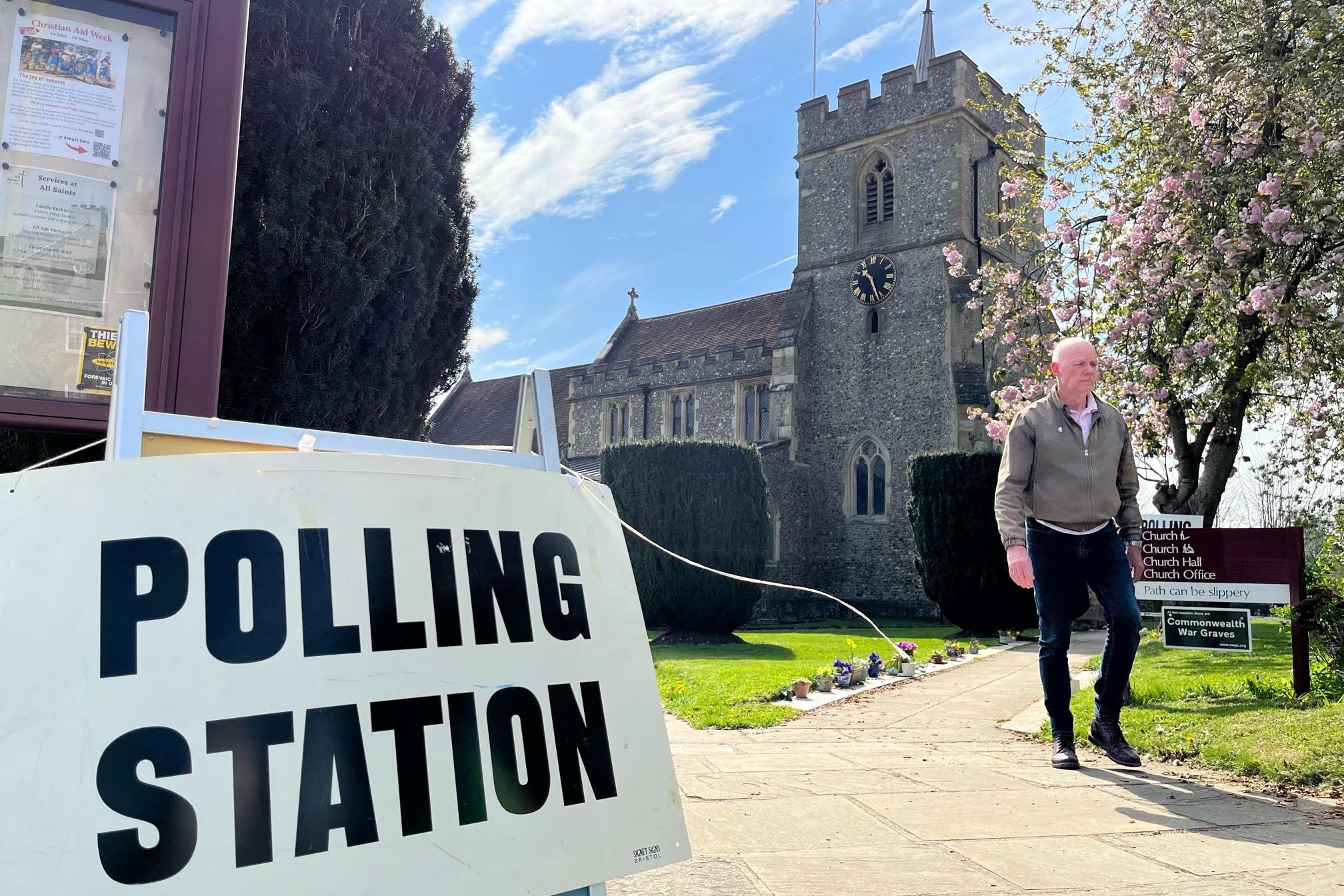Ministers move ahead with plans to restrict EU voting rights
The Government confirmed post-Brexit plans to remove the automatic right of EU citizens to vote and stand in local elections.

Your support helps us to tell the story
From reproductive rights to climate change to Big Tech, The Independent is on the ground when the story is developing. Whether it's investigating the financials of Elon Musk's pro-Trump PAC or producing our latest documentary, 'The A Word', which shines a light on the American women fighting for reproductive rights, we know how important it is to parse out the facts from the messaging.
At such a critical moment in US history, we need reporters on the ground. Your donation allows us to keep sending journalists to speak to both sides of the story.
The Independent is trusted by Americans across the entire political spectrum. And unlike many other quality news outlets, we choose not to lock Americans out of our reporting and analysis with paywalls. We believe quality journalism should be available to everyone, paid for by those who can afford it.
Your support makes all the difference.Ministers are moving ahead with plans to remove the right of EU citizens to vote and stand in elections in England and Northern Ireland.
Seven years after the UK voted for Brexit, the Government confirmed plans to remove the automatic right of EU citizens to vote and stand in local elections.
Levelling Up minister Dehenna Davison, in a written ministerial statement, told MPs that the Government had published draft secondary legislation to bring forward the change.
She said: “The automatic right that European citizens have to vote and stand in local elections in the UK granted solely as a consequence of our EU membership is not one which can continue.”
The change is expected to take effect from 7 May 2024, so will come after the next set of local elections.
Not all EU citizens will be affected by the rule change, with EU citizens legally resident in the UK before the end of December 2020 still able to stand and vote in local elections.
Anyone from Poland, Spain, Luxembourg or Portugal will also remain unchanged, after the UK signed agreements to protect the voting rights of British citizens in those countries.
Irish citizens or those from Commonwealth countries will also see voting rights unaffected.
The power to make the changes came in the Elections Act 2022, with the move also applying to police and crime commissioner elections in England and Wales.
“There has never been a general right for European nationals to vote in Parliamentary elections – choosing the next UK Government is already rightly restricted to British citizens and those with the closest historic links to our country, and this will not change,” Ms Davison told MPs in the statement.
“Going forward, the local voting rights of EU citizens living in the UK should be considered alongside the rights and interests of British citizens living abroad.
“In future, the rights of EU citizens living in the UK will rest on the principle of a mutual grant of rights, through agreements with EU Member State.”
The changes will also apply to Northern Ireland, with secondary legislation set to cover both local and Assembly elections.
The devolved administrations in Scotland and Wales have the power set their own rules on voting eligibility.
Subscribe to Independent Premium to bookmark this article
Want to bookmark your favourite articles and stories to read or reference later? Start your Independent Premium subscription today.